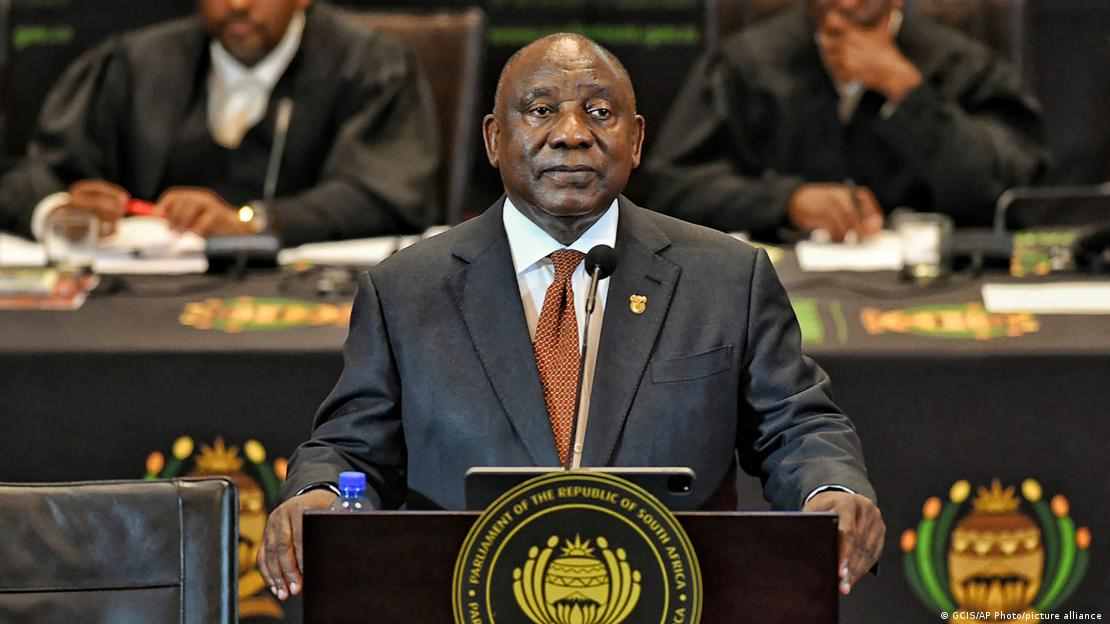South Africa’s government has rescinded the national “state of disaster” declared in February in response to a severe electricity shortage. The decision was announced by Thembi Nkadimeng, the Minister of Co-operative Governance and Traditional Affairs, who declared that the government will now employ its Energy Crisis Committee to combat the consequences of power outages utilizing existing laws and backup arrangements.
The country has been facing an energy crisis for several years, with frequent power outages and load shedding causing major disruptions to households and businesses. The situation reached a critical point in February, when President Cyril Ramaphosa implemented disaster regulations to address the crisis caused by the frequent breakdowns of Eskom’s coal-fired power plants and the prevalence of corruption.
The declaration of a national “state of disaster” allowed the governing body to take further action to address the emergency, enabling accelerated procurement processes and less regulation. However, some commentators questioned whether it would improve the availability of electricity.
Recently appointed Electricity Minister Kgosientsho Ramokgopa had made a tour of Eskom’s power stations to address the crisis and its impact. He had meetings with government officials and the utility to try and resolve the electricity shortages.
However, OUTA, an organization dedicated to fighting governmental misconduct and tax evasion, took the matter to court, questioning the rationality of the state of disaster. The organization asserted that the emergency regulations would have made graft possible and that the current legislation was sufficient to cope with the emergency.
In reaction to OUTA’s legal action, the government has rescinded the national “state of disaster.” The move has been welcomed by many as a sign of the government’s commitment to transparency and good governance. However, it remains to be seen whether it will lead to a resolution of the energy crisis.
Since the start of the year, Eskom has put in place scheduled power outages, referred to locally as “load shedding,” which have caused considerable damage to households and small businesses across the country, the most industrialized nation in Africa. According to Eskom, the outages are necessary to prevent a total collapse of the power grid.
The utility has been struggling with maintenance issues and aging infrastructure, and has been unable to meet the country’s energy demands. Eskom has been heavily criticized for its handling of the crisis, with many accusing the utility of mismanagement and corruption.
The energy crisis has had a significant impact on the country’s economy, with businesses forced to shut down and investors losing confidence in the country’s ability to provide stable and reliable power. The crisis has also had a major impact on the country’s citizens, many of whom have been left without electricity for hours at a time.
The situation has been particularly difficult for small businesses, which have been hit hard by the power outages. Many small businesses have had to close down, unable to cope with the loss of revenue caused by the outages. The situation has also led to job losses, with many businesses forced to lay off workers due to the economic impact of the crisis.
The government has acknowledged the severity of the situation and has taken steps to address the crisis. In addition to the declaration of a national “state of disaster,” the government has announced a number of measures aimed at improving the country’s energy infrastructure and reducing the impact of power outages on households and businesses.
These measures include the implementation of a new electricity generation plan, which aims to increase the country’s energy capacity and reduce its reliance on coal-fired power plants. The government has also announced plans to increase investment in renewable energy and to promote energy efficiency measures.
Image Credit: GCIS/AP Photo




